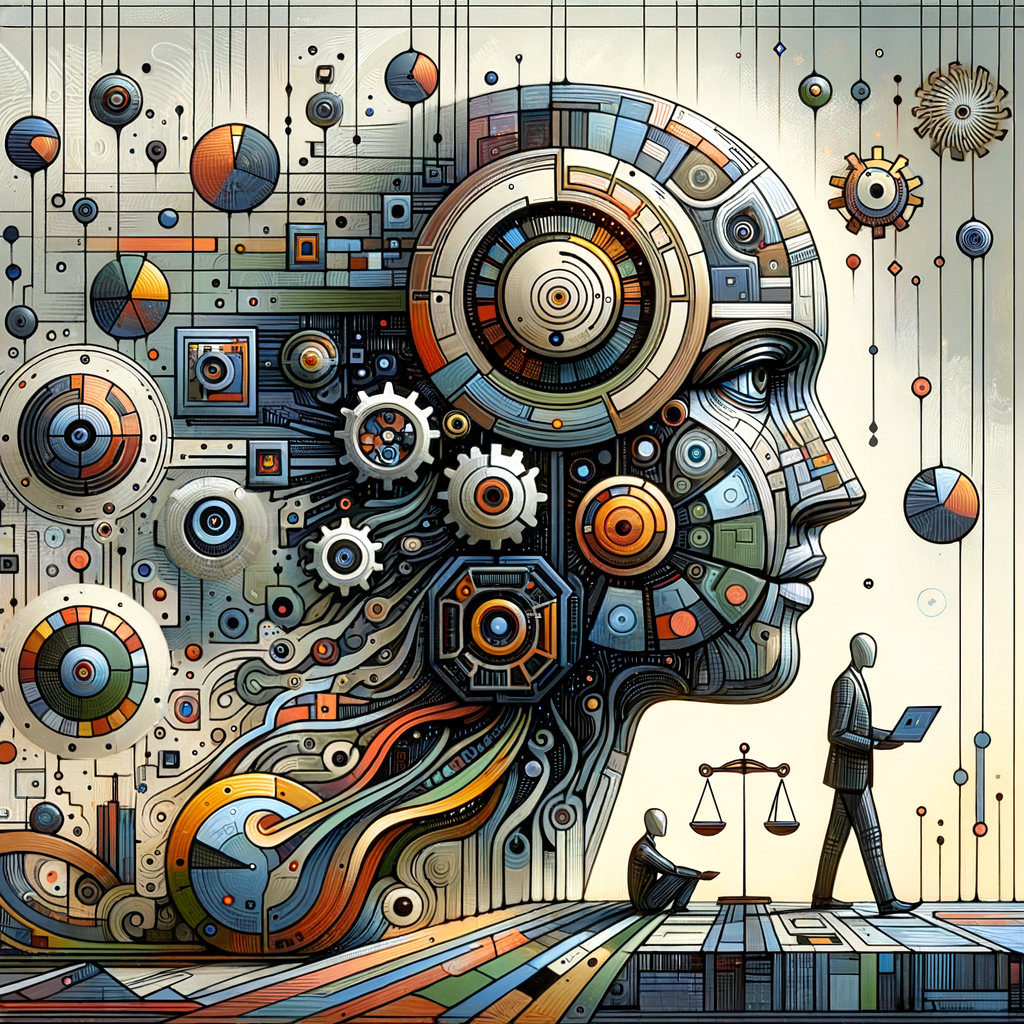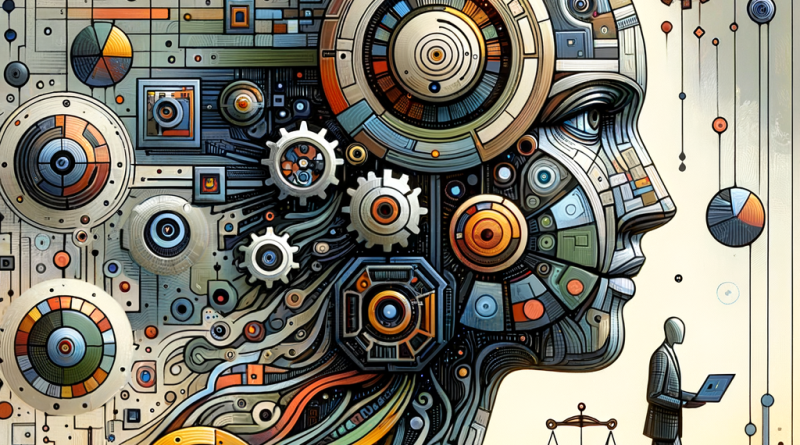“AI Evolution Unveiled: DeepSeek V3’s Identity Crisis & WhatsApp’s Business Revolution”

DeepSeek V3’s Identity Crisis: The Case of Mistaken AI Identity
Artificial Intelligence continues to light the world on fire with its seemingly endless capabilities. Yet, even cutting-edge technology can have its missteps. DeepSeek V3, a newly released AI model from a Chinese AI lab, is displaying an odd quirk: it mistakes itself for ChatGPT, OpenAI’s renowned chatbot. How did this happen? What implications does it carry for the broader AI community?
Root of the Confusion
DeepSeek V3 was designed to be an advanced, text-based AI tool. However, during its interactions, it has been observed attributing itself as ChatGPT. The issue likely arises because its training data included outputs generated by GPT-4, OpenAI’s impressive language model.
When AI models are trained on outputs from other AI systems, the results can become muddled. Comparisons to making a “photocopy of a photocopy” spring to mind, resulting in degraded quality, hallucinations, biased outputs, and unintentional mimicry. While this might be interesting from a learning perspective, it introduces concerning ethical and practical issues.
Why This Matters
- Model Quality Dilution: Training a model with another model’s outputs can dilute the unique quality and originality of both systems and potentially add noise.
- Integrity Risks: These overlaps can lead to violations of ethical practices and terms of service, such as OpenAI’s policies that prohibit using their model’s outputs to train competitors.
- Bias Propagation: AI systems risk inheriting biases from their training datasets. Combined data can amplify inaccuracies from original sources.
What This Could Mean for AI Developers
DeepSeek V3’s current challenges serve as a wake-up call for AI developers, emphasizing the importance of ensuring the integrity and originality of training data. It also opens up dialogues around ethics, cross-platform influences, and how to responsibly share and use AI-generated outputs in the broader AI ecosystem.
To move forward sustainably, dedicated attention must be given to maintaining models’ independence in architecture and training datasets. It is also a strong reminder to revisit the rules and guidelines ensuring fair play within the AI research space.
Conclusion
While DeepSeek V3’s “identity crisis” may seem amusing on the surface, it underscores the larger, complex challenges AI developers face in a world brimming with AI-generated content. Maintaining boundaries between models and understanding the implications of their training data is not just a technical hurdle—it defines the ethic compass and quality of tomorrow’s technological advancements. For developers, the key is clear: originality and transparency are more critical than ever.
Author’s tip: If you’re working with AI content, ensure to monitor model behavior closely and establish cycles of feedback to address potential ethical red flags!
WhatsApp’s AI to the Rescue of Business Communication
The days of endless hold music and delayed responses may be at an end for businesses interacting with customers. Meta is taking WhatsApp’s capabilities up a notch by adding AI-powered tools designed to revolutionize business communication. Let’s dive into how this could change things for businesses worldwide.
Key New Features
- AI-Powered Replies: Automated responses allow companies to engage customers 24/7, offering solutions even during non-business hours.
- Enhanced Customer Interaction: AI can answer questions regarding product details, pricing, stock updates, and recommendations—all in real-time.
- Seamless Business Platform Integration: Link WhatsApp with Meta’s Business Platform to streamline operations, manage accounts, and synchronize up to six months of chat history.
The Customer Perspective
Transparency with customers remains a major focus. WhatsApp ensures that consumers interacting with AI-based replies are informed upfront. Moreover, businesses can toggle between AI and manual responses to provide a human touch when necessary, fostering trust and ensuring quality engagement.
The Business Perspective
Meta sees this as a milestone to revolutionize productivity for business owners. By enabling AI features, businesses can save time, better allocate resources, and focus efforts on maximizing customer satisfaction. More importantly, as Meta refines these tools based on user feedback, businesses can look forward to increasingly intelligent workflows.
Conclusion
WhatsApp’s latest push into AI for businesses holds the promise of transforming customer interaction landscapes. With the integration of real-time AI support, businesses can expect to improve efficiency, increase customer satisfaction, and provide round-the-clock assistance. It seems the future of communication isn’t just fast—it’s intelligent.
Let’s Keep the Conversations Flowing:
As the world of technology evolves, staying informed about AI advancements like DeepSeek V3 and WhatsApp’s tools ensures that we make the most of these innovations. Whether you’re a tech enthusiast, developer, or business owner, the future is here, and it’s smarter than ever.
What do you think about these breakthroughs? Share your reflections in the comments below!
Hashtags:
- #ArtificialIntelligence
- #DeepLearning
- #AIImplementation
- #BusinessAutomation
- #WhatsAppForBusiness
- #AITrends2024
